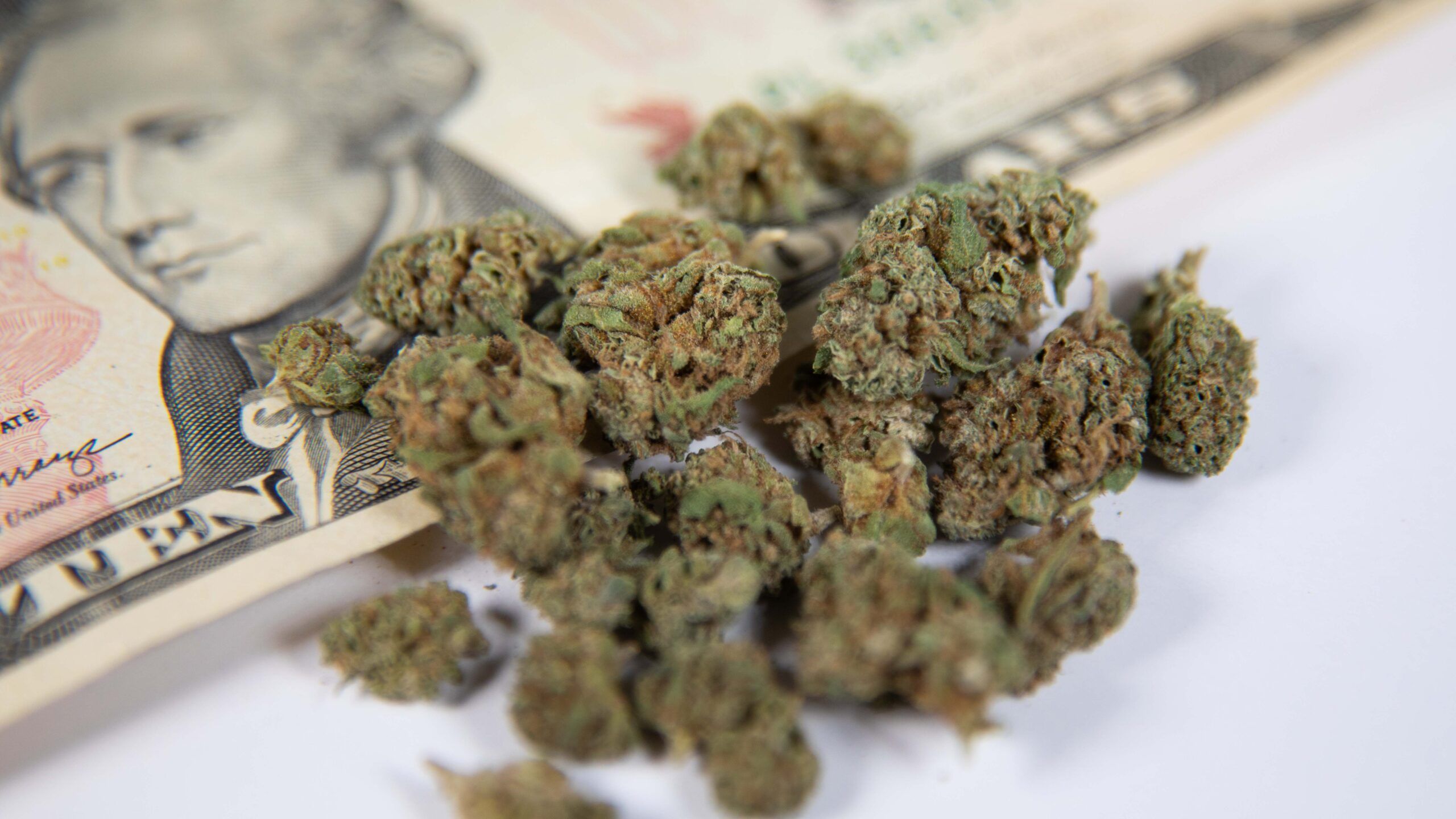The year 2024 marked a significant cultural and consumer shift in the United States, as cannabis began to surpass alcohol in popularity in key demographics. This trend reflects changing attitudes, evolving legislation, and an increasing focus on health-conscious choices among Americans.
The Numbers Behind the Trend
According to data from BDS Analytics and New Frontier Data, cannabis sales nationwide grew by 17% in 2024, reaching an estimated $35 billion in revenue. Meanwhile, alcohol sales saw a modest increase of just 2%, totaling around $281 billion. The disparity in growth rates highlights a rapidly shifting preference, particularly among younger consumers.
A study conducted by Gallup in mid-2024 found that 33% of Americans reported using cannabis at least once in the past year, up from 29% in 2023. In contrast, the percentage of Americans consuming alcohol declined slightly, from 63% in 2023 to 60% in 2024.
Why the Shift Is Happening
1. Evolving Legislation
The legal landscape for cannabis has changed dramatically. By the end of 2024, 41 states had legalized recreational cannabis, and 37 states allowed medical use. This widespread legalization has normalized cannabis consumption, making it more accessible and socially acceptable.
2. Health and Wellness Trends
Younger consumers, particularly Millennials and Gen Z, are prioritizing wellness. Alcohol is increasingly viewed as detrimental to health, linked to liver damage, mental health issues, and weight gain. Cannabis, on the other hand, is often associated with relaxation, pain relief, and creativity. This perception shift is driving more consumers to choose cannabis over alcohol for both recreational and therapeutic purposes.
3. Product Diversity
The cannabis market offers a wider range of consumption options than alcohol. From edibles and beverages to tinctures and vapes, cannabis products cater to diverse preferences. Cannabis-infused beverages, in particular, saw a 45% increase in sales in 2024, according to Headset, a cannabis market intelligence platform. These beverages provide an alcohol-free alternative for social settings.
Impact on the Alcohol Industry
The alcohol industry is responding by diversifying into cannabis-infused beverages and other cannabis-related ventures. Companies like Constellation Brands and Molson Coors have invested heavily in cannabis partnerships, signaling a recognition of the growing market.
Despite these efforts, alcohol brands face challenges in competing with the wellness-oriented appeal of cannabis. A report by Bloomberg Intelligence predicts that cannabis beverages alone could account for 10% of all cannabis sales by 2030, further eating into alcohol’s market share.
A Cultural Shift
The preference for cannabis over alcohol signifies more than just a market trend; it reflects a broader cultural change. Consumers are reevaluating traditional social norms, opting for alternatives that align with their health goals and lifestyle values. This shift will likely continue to shape industries, legislation, and societal attitudes in the years to come.
Sources
Disclaimer: This article is for informational purposes only and does not promote the use of cannabis or alcohol. Please consume responsibly and in accordance with local laws.

